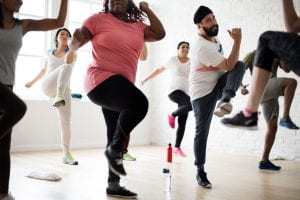
If you’ve ever cared for small children, worked a night shift, or stayed out late at a party, you know the feeling of going to bed much later than usual and sleeping in the next day. Sleep researchers call this phenomenon “social jet lag.” They have found it can lead to many negative consequences, including poor sleep quality, reduced cognitive performance, unhealthy eating patterns, depression, and anxiety.


 The American Academy of Pediatricians is recommending a new approach to childhood obesity that addresses the condition as a complex disease and recommends intense behavioral treatment.
The American Academy of Pediatricians is recommending a new approach to childhood obesity that addresses the condition as a complex disease and recommends intense behavioral treatment.


 More than six million Americans suffer from Alzheimer’s disease or dementia, and that number continues to grow significantly as the U.S. population ages.
More than six million Americans suffer from Alzheimer’s disease or dementia, and that number continues to grow significantly as the U.S. population ages.
 In much of North America, it officially feels like fall. Temperatures and leaves are dropping, and the fall rituals of football games, Halloween, and pumpkin spice-flavored everything are in full swing.
In much of North America, it officially feels like fall. Temperatures and leaves are dropping, and the fall rituals of football games, Halloween, and pumpkin spice-flavored everything are in full swing.
 It’s well-documented that exercise is good for you.
It’s well-documented that exercise is good for you. 

